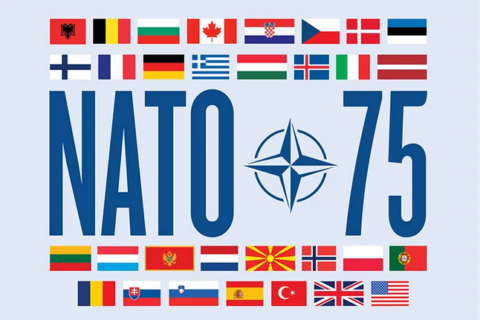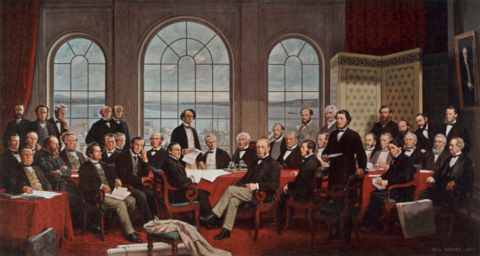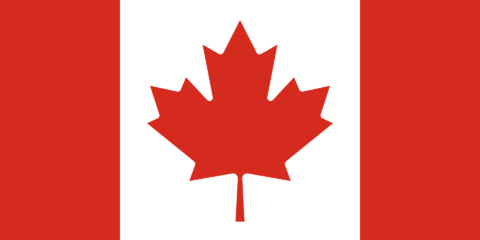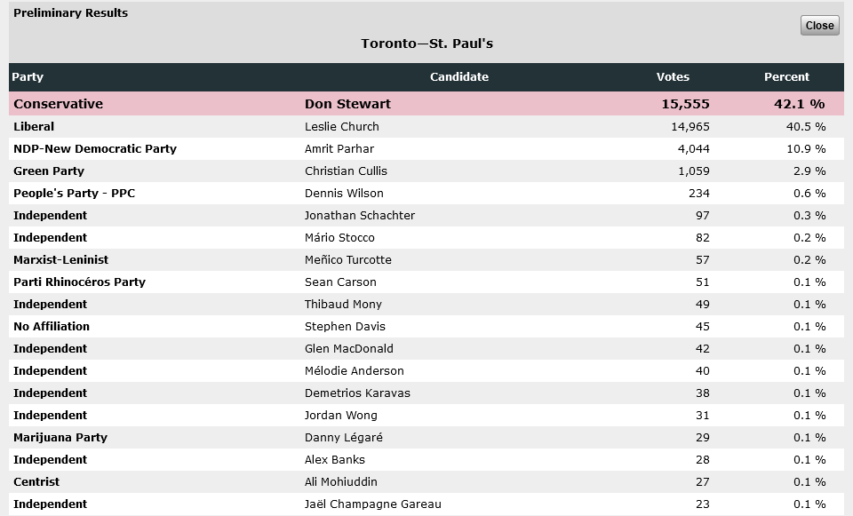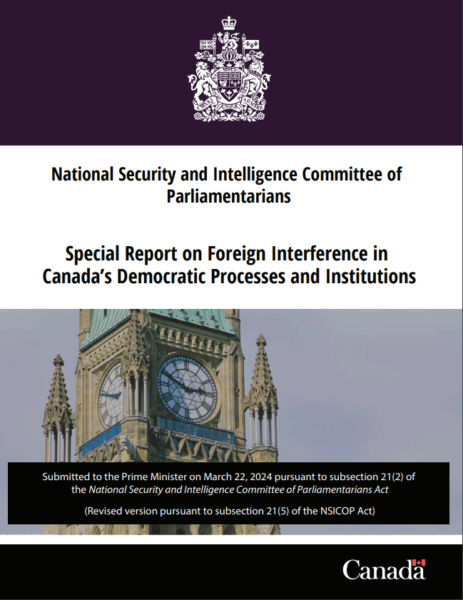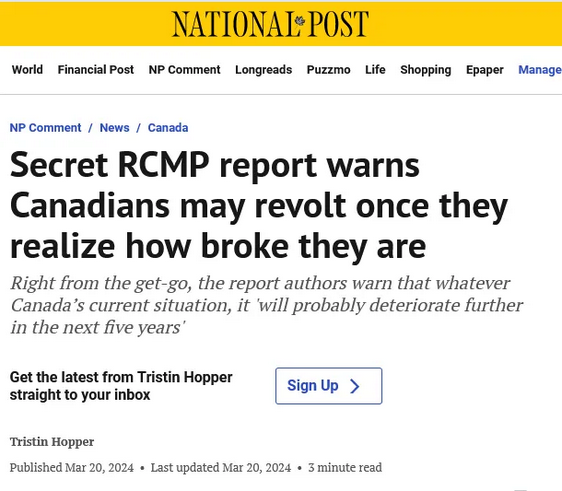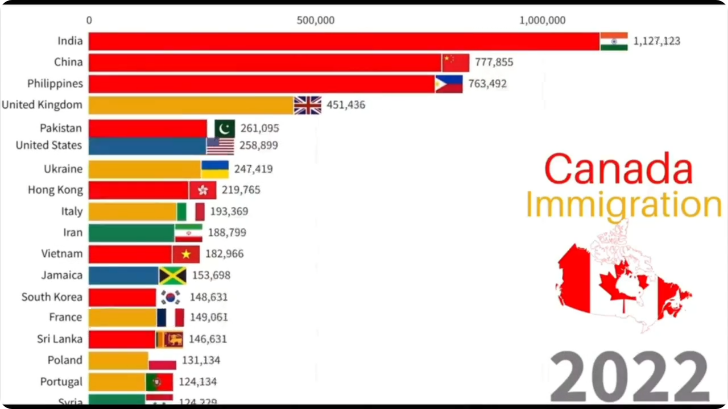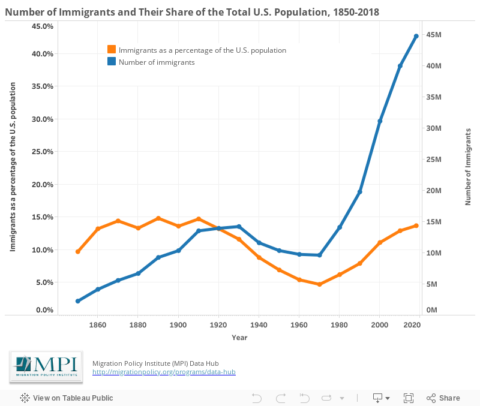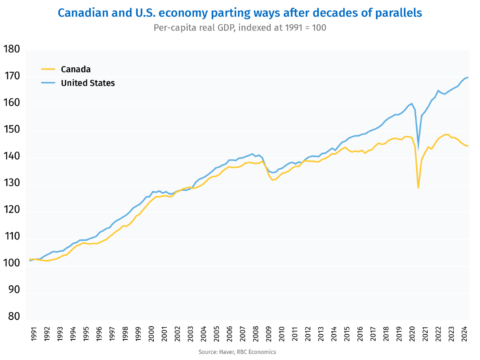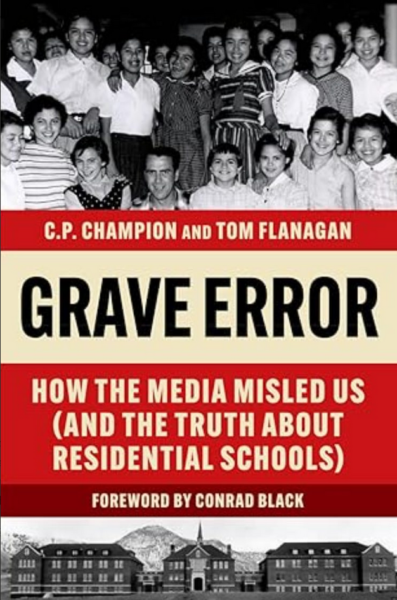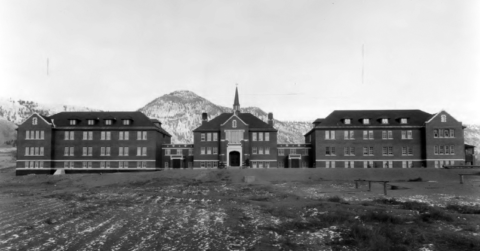In The Line, Eugene Lang and Vincent Rigby explain why our NATO allies are less and less willing to listen to Canadian virtue-signalling and posturing when we continue to refuse to live up to our commitments on the Canadian Armed Forces and contributing our full share toward NATO operations:
Next week’s NATO Summit in Washington marks the 75th anniversary of the trans-Atlantic Alliance. Yet despite being one of the original 12 founding members, Canada’s credibility within the alliance will be at an all-time low.
There is no question Canada has a proud history with NATO. Canadian statesmen — including Lester B. Pearson, Louis St. Laurent, Hume Wrong and Escott Reid — were architects of the alliance in the late 1940s, and helped author Article Two of the North Atlantic Treaty calling for political and economic collaboration among member-states, the so-called “Canadian Article”.
Over the decades, the Canadian military has made significant contributions to NATO missions in western Europe, the Balkans and Afghanistan. But that was then and this is now, and two years ago, Michel Miraillet, France’s ambassador to Canada, put things bluntly: “You are riding a first-class carriage with a third-class ticket. If you want to remain in the first-class seat, you need to train and expand (the military) and to go somewhere.”
Sentiments like these have been fuelled by Canada’s stubborn refusal to meet NATO’s defence spending target of two per cent of gross domestic product (GDP) — a commitment Ottawa has signed onto twice in the past ten years but is far from achieving. Last year, NATO Secretary General Jens Stoltenberg expressed frustration over this recalcitrance: “Canada has not conveyed a precise date but I expect (it) to deliver on the pledge to invest two per cent of GDP on defence, because this is a promise we all made”.
Stoltenberg’s comments evidently had little impact in Ottawa. While Canada’s recent Defence Policy Update (DPU) placed greater emphasis on the Arctic (NATO’s northern flank) and promised new defence investments, its pledge to increase defence spending to 1.76 per cent of GDP by 2030 fell well short of the NATO target. Canada, currently spending 1.37 per cent of its GDP on defence, remains among only a handful of NATO members which have failed to reach the two per cent threshold and have no plan to do so.
The Defence Policy Update’s silence on this issue did not go unnoticed among allies. Criticism of Canada’s NATO posture reached new heights last month when 23 U.S. senators wrote to Prime Minister Justin Trudeau, stating “we are concerned and profoundly disappointed that Canada’s most recent projection indicated that it will not reach its two percent commitment this decade”. Canadians can be forgiven for failing to recall the last time nearly a quarter of the U.S. Senate wrote to the Canadian government on anything.
It’s well known that Justin Trudeau has no time for military issues, but it’s surprising that he hasn’t done a few things that wouldn’t increase the actual spending on the CAF, but would be “bookkeeping” changes that would shift some existing government spending into the military category, like militarizing the Canadian Coast Guard. (That is, moving the CCG from the Fisheries and Oceans portfolio into the National Defence portfolio, not actually putting armaments on CCG vessels. Something similar could be done with the RCMP, switching it from Public Safety to National Defence with no other funding or operational changes.) That Trudeau hasn’t chosen to make even these symbolic changes shows that he actively opposes fulfilling the commitment his government has made twice in the last ten years for reasons of his own.

